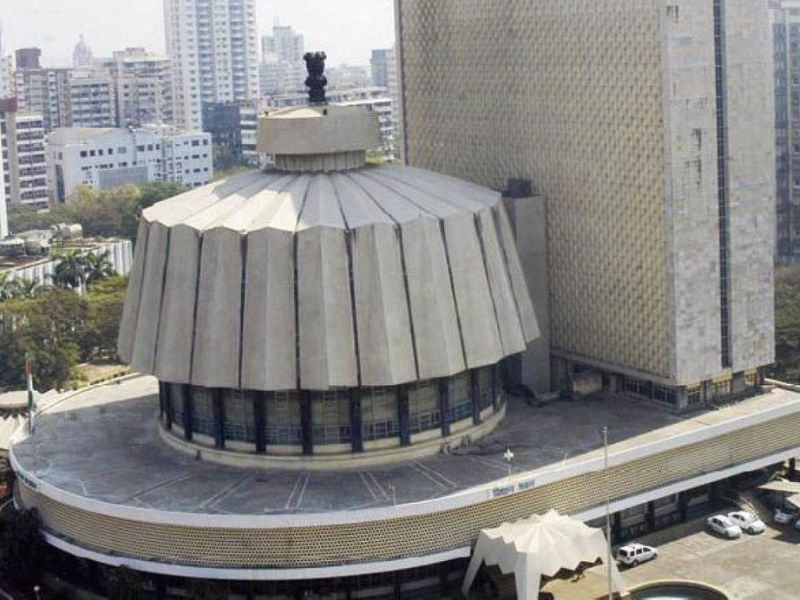Nasrin Modak Siddiqi
The Maharashtra state government is mulling making Marathi language mandatory at the junior college level (class XI-XII). In March, the Maharashtra cabinet approved the Marathi Language Policy. Aiming to elevate the status of the Marathi language, this policy aspires to establish Marathi as a language of knowledge, acquisition and employment in the state over the next 25 years.
A similar diktat was issued in 2020 but was never implemented. This time, Deepak Kesarkar, Cabinet Minister of the Marathi language department, has recommended using modern technology, for instance, to conserve and promote various Marathi dialects using ChatGPT.
The policy states that the government will provide higher education in Marathi in streams including science, technology and medicine. For this, the state government is mulling over making Marathi subjects compulsory at the junior college level for Grades XI and XII. Currently, Marathi is a mandatory subject up until Grade X across all boards.
Professor Swapnali Tambe, Dept. of Marathi, Shri S. K. Somaiya Vinay Mandir Jr. College says, “The essence and significance of Marathi language, as exemplified by Saint Dnyaneshwar, underscore its cultural importance and emotional depth. Marathi holds significant cultural value in Maharashtra and is the cornerstone of the state’s linguistic heritage. Integral to Maharashtra’s identity, Marathi fosters holistic development from home to school. With a firm commitment to preserving and promoting regional languages, Marathi must be mandated as a compulsory subject in junior colleges. This requirement underscores the importance of nurturing proficiency in the state’s official language and cultivates a deeper understanding and appreciation of Maharashtra’s cultural fabric among students. By integrating Marathi into the curriculum, junior colleges contribute to preserving linguistic diversity while equipping students with essential communication skills for personal and professional growth. In Junior college, its inclusion enhances linguistic skills and cultivates professional proficiency. Starting from childhood, this linguistic journey enriches personality and offers diverse career avenues. Thus, including Marathi as a compulsory subject in junior colleges reflects Maharashtra’s dedication to preserving its cultural identity and fostering linguistic unity.”
Karen Norhona, Parent of a Grade IX student, believes this is unnecessary pressure on students struggling with learning the language. “My son already has special tuitions for Marathi and still manages to get the passing minimum marks every time. It is not an easy language for non-native speakers, and though we hear it around us and try to emulate it, written exams are a different set of problems with grammar and vocabulary. Low marks in languages significantly affect overall grades, and that’s not fair.”
Kamble, however, defends the issue by saying that students and parents must come forward to get help from school and college teachers and use technology to help them learn and grasp the subject better. There are many reference materials, books, and social media to get help. We must learn to use technology and discover the beauty of a language that stands as a beacon of cultural richness and academic excellence,” she adds.
To make it convenient, the policy recommends that Balbharati, the state textbook bureau, prepare Marathi subject textbooks of various difficulty levels so that they come in handy for children of different non-Marathi medium schools. The policy also recommends strengthening libraries and preserving the Modi script, an ancient Marathi script.
Nashik-based archaeologist (ancient script expert), Sojwal Shailendra Sali has been working as a Modi script instructor and transliterator for the past seven years, handling documents in Modi script from various schools, colleges, institutions, and offices, converting them into Devanagari script, says “The Modi script has been obsolete since the 1960s, but it played a crucial role, especially in caste reservations, where many records were in Modi script. Therefore, reintroducing the script in schools makes reading it easier for the general public. Additionally, children’s growing interest in Maratha history is growing, leading to an increased demand for researchers in this field.”
Also read: Maha: Govt determined to offer higher education in Marathi, says Kesarkar
Posted in Corporate, News


























